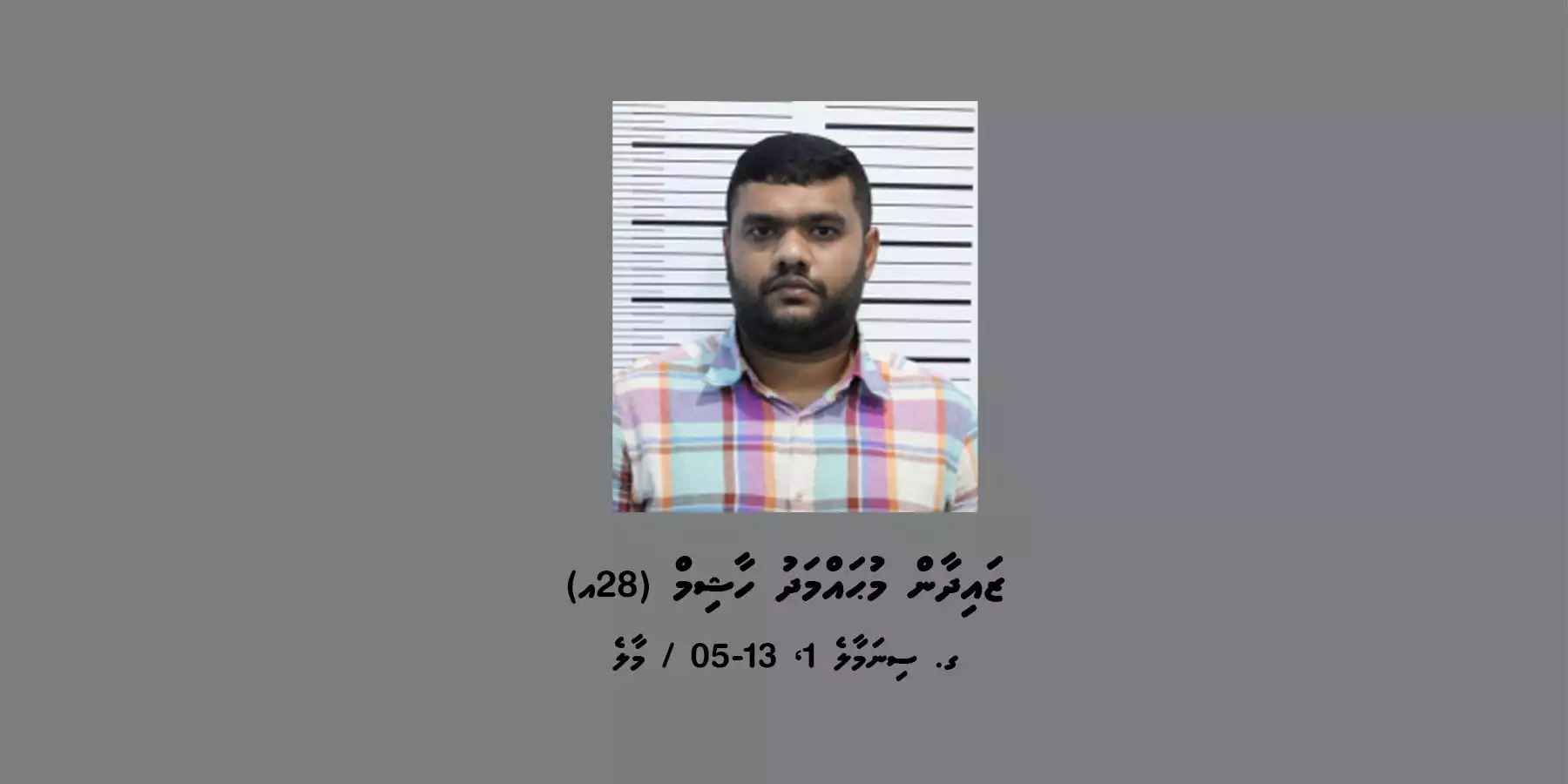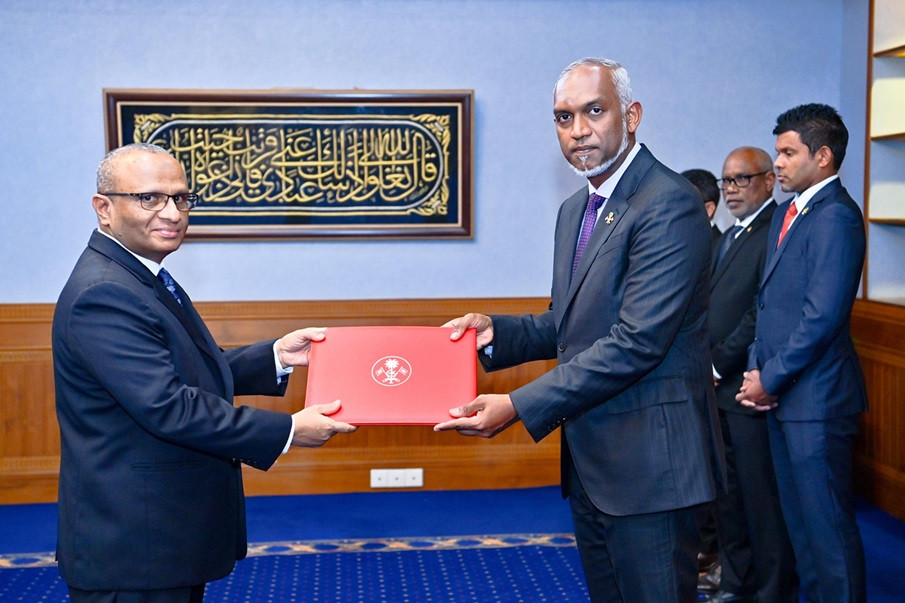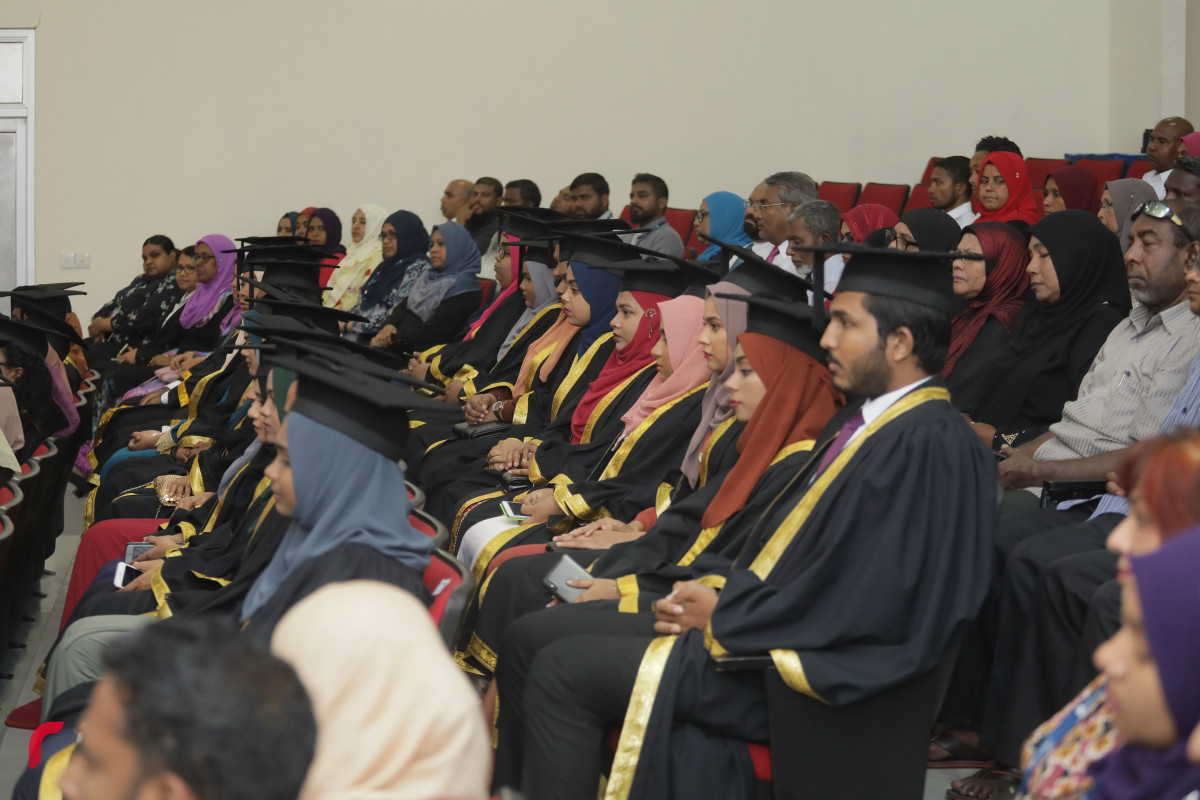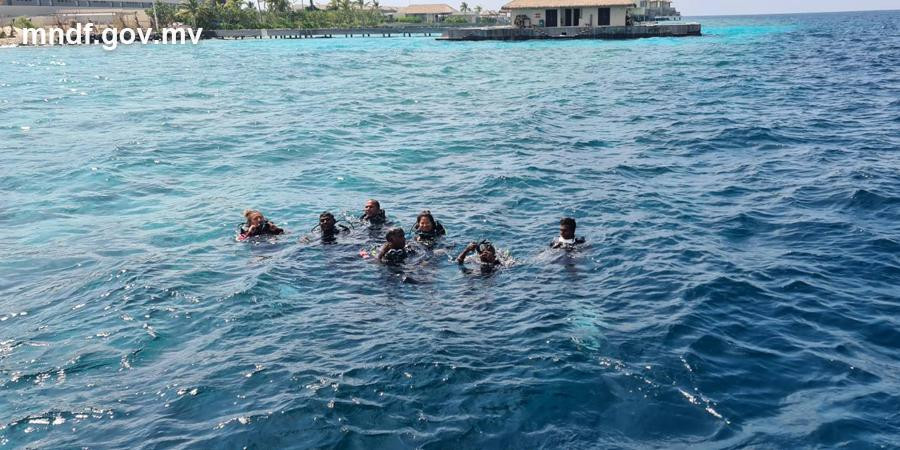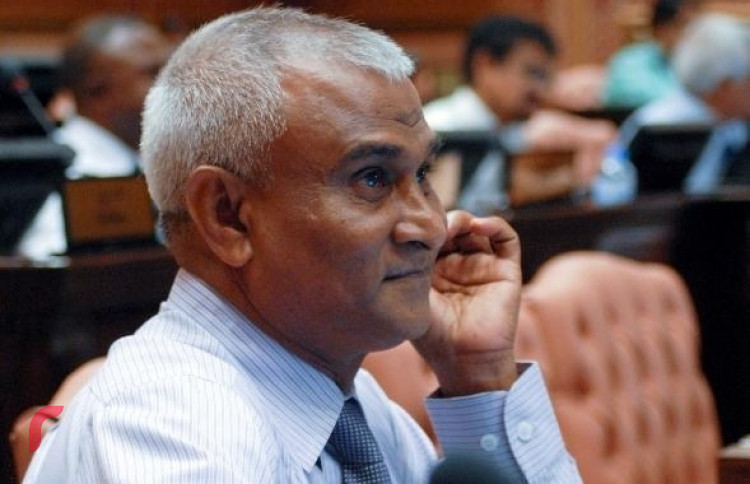Maldives will only suspend death penalty until adequate judicial reform: UN mission
The UN mission said that the Maldivian penal code sets out the death sentence for particular crimes
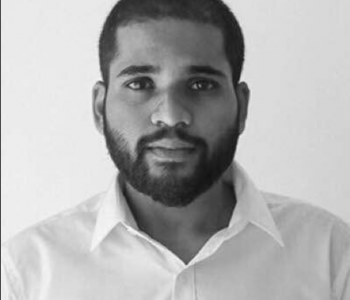
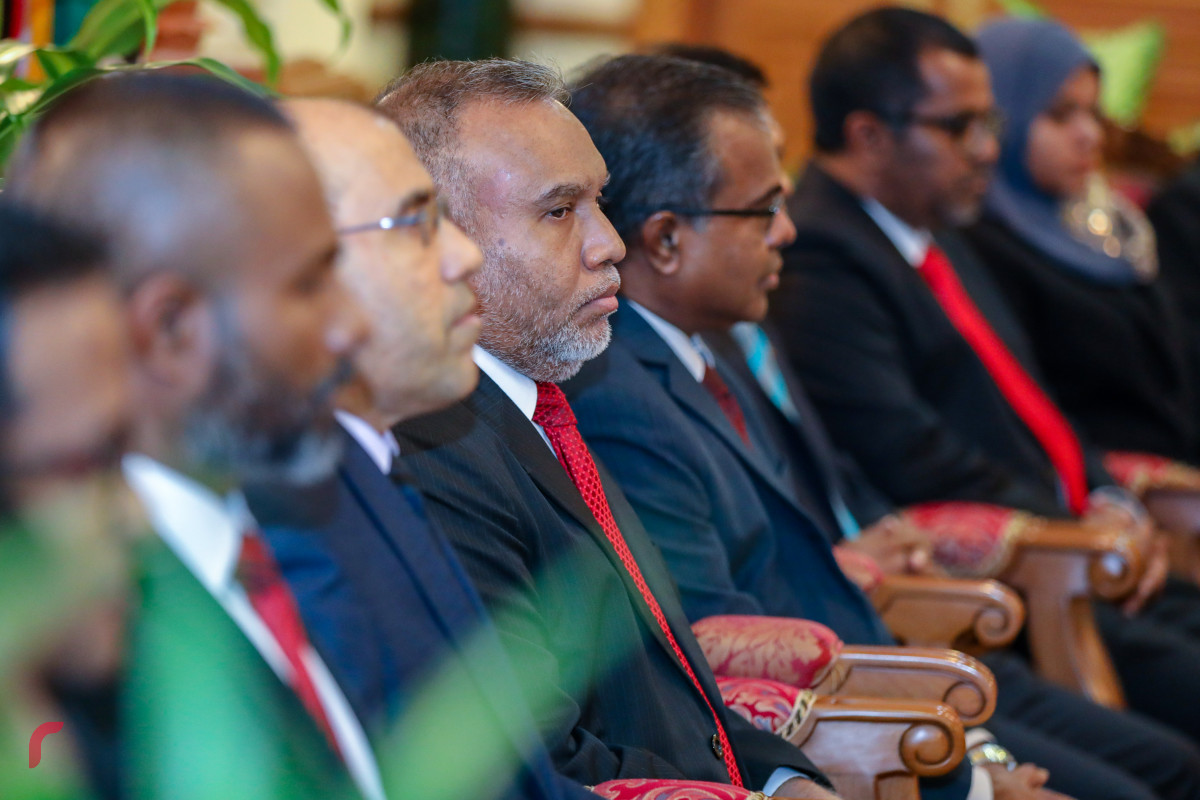
Supreme Court justices attend swearing-in ceremony for High Court judges; Maldives has expressed intent to overhaul the judiciary
The Maldives will uphold its moratorium on enforcing the death penalty until adequate judicial reform, local foreign services have informed the United Nations.
The Maldivian permanent representative said this ahead of Monday’s vote on a UN resolution calling for a moratorium on the death penalty with a view to abolishing capital punishment entirely.
Dr. Ali Naseer, Maldives’ permanent representative to the UN, said that the local penal code sets out the death sentence for particular crimes, most notably murder, and that it will be enforced as such.
The island nation which boasts a uniformly Muslim population voted against the UN resolution. However, it passed with votes from a record 121-member nations, while 35 voted against and 32 abstained.
While the Maldivian government expressed intent to enforce the death penalty as per Islamic sharia, the nation has thus far upheld its moratorium on capital punishment since 1954, before it even became a republic.
Maldives, under a new government since November, has expressed intent to overhaul the judiciary. However, while new members have been appointed to the Judicial Services Commission – the statutory judicial watchdog – the government has yet to reveal a plan to tackle lack of public trust in the judiciary and perceived corruption.
Leaked copies of testimonies given to the Maldives Police Service, which surfaced online in May this year, had Civil Court and Criminal Court judges saying that they have ‘always’ followed the ‘advice’ of senior judges in deciding cases.
Civil Court Judge Mohamed Haleem did not mince words in saying that he ruled in a case heard in his court exactly as directed by a Supreme Court justice, even adding parts to his ruling at the behest of the senior adjudicator.
Gabriela Knaul, the UN Special Rapporteur on the Independence of Judges and Lawyers, led a mission to the Maldives in 2013. Knaul expressed concern over lack of protection for judges, of impunity for violations of rights, and lack of public trust in the judicial system.
Knaul made a number of recommendations to address these problems and restore trust in the Maldivian justice system, most of which remains unenforced, six years after.
